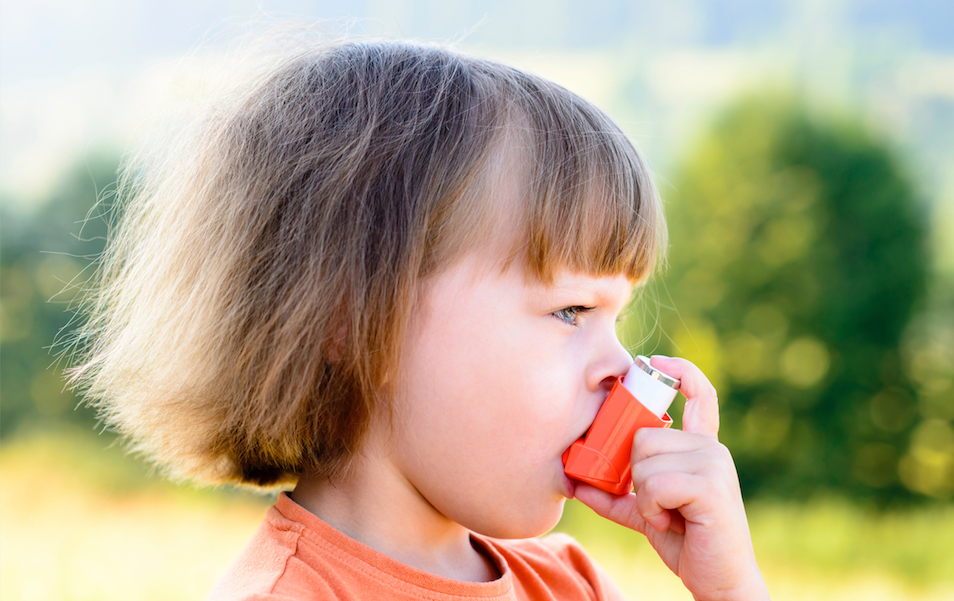A study recently released by the American Academy of Pediatrics reports that reducing indoor allergens and pollutants can be as effective as medicines in controlling childhood asthma.
Up to one in ten children in the U.S. suffer from this respiratory illness. The most common household asthma triggers include pet dander, dust mites, mold, second-hand smoke, air fresheners and chemicals found in cleaning supplies. Even fumes and particles emitted by gas stoves and fireplaces can irritate some very sensitive airways.Cockroaches and rodents may be an even bigger issue with roughly 75-80% of U.S. homes containing detectable amounts of mouse allergen, states this report. Concentrations on these allergens can be even higher in urban areas with high poverty rates.
The study recommends that an environmental history be performed “to evaluate the key indoor environmental exposures that are known to trigger asthma symptoms and exacerbations, including both indoor pollutants and allergens.” They also suggest a referral to a board-certified allergist for evaluation and allergy skin testing to identify which indoor allergens could make the condition worse. Approximately 80% children with asthma have an allergic trigger to their asthma symptoms. This study reported that up to two-thirds of asthmatic children were allergic to cats and dogs, the most common furry pets found in U.S. households.
“This report explains that indoor air contaminants are major contributors to pediatric asthma. It is important to ‘tailor’ the environmental control measures for each patient” says Stanley Fineman, MD, allergist with Atlanta Allergy & Asthma. “As allergists we determine the specific asthma/allergic trigger for each patient and suggest appropriate treatment strategies accordingly. Environmental control measures are a useful adjunct in the management of patients with allergies and asthma.”
For parents, knowing what is triggering their child’s asthma and/or allergic symptoms can help them make environmental changes that could reduce their need for medication. If your child suffers from asthma and/or allergy symptoms, schedule an appointment with one of our specialists today to identify their specific triggers and develop a management plan, and environmental control measures that can greatly improve their overall health.

New Study Finds Reducing Indoor Allergens May Be as Effective as Medication for Treating Childhood Asthma
Updated on Wednesday, November 2, 2016
